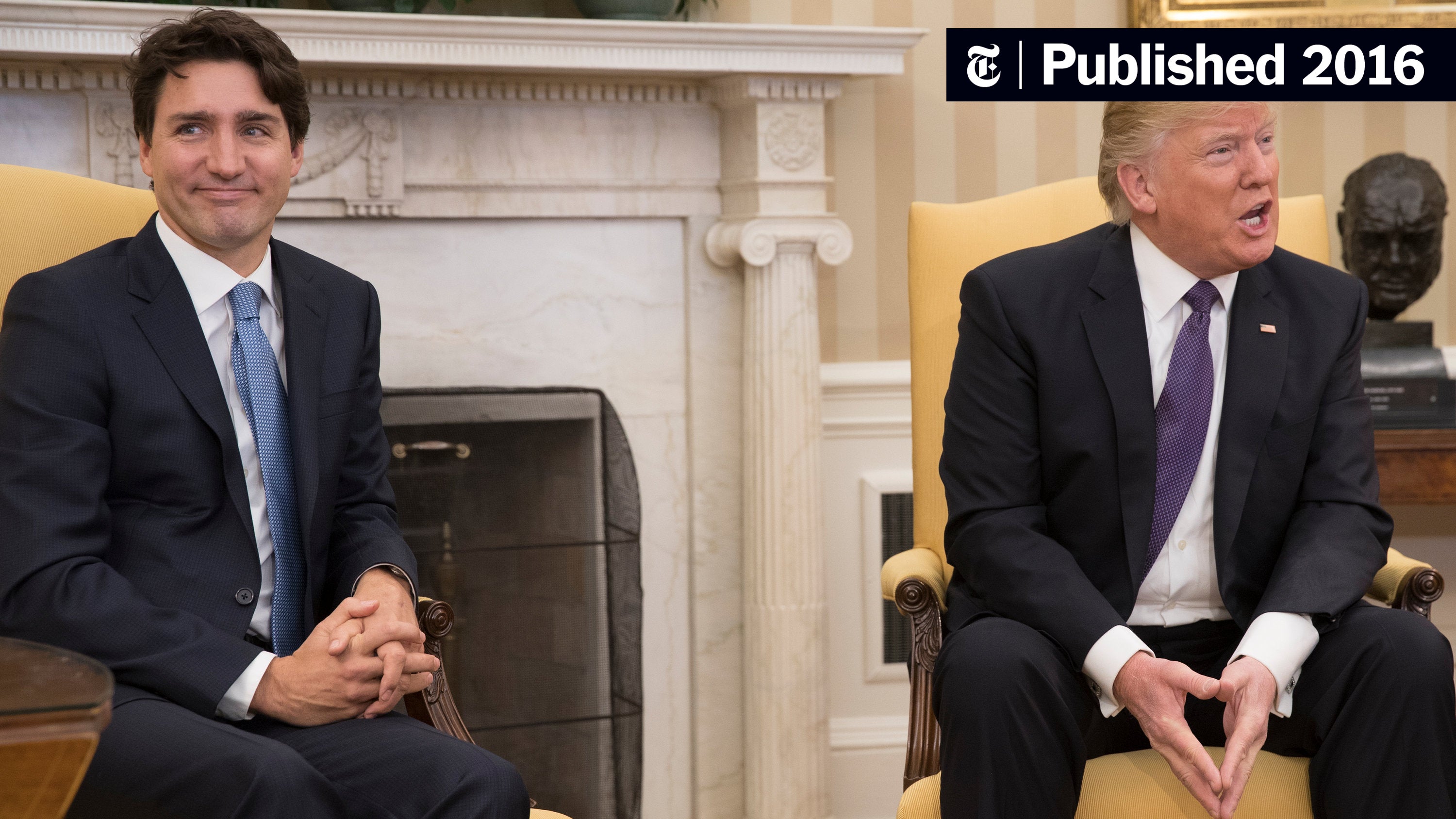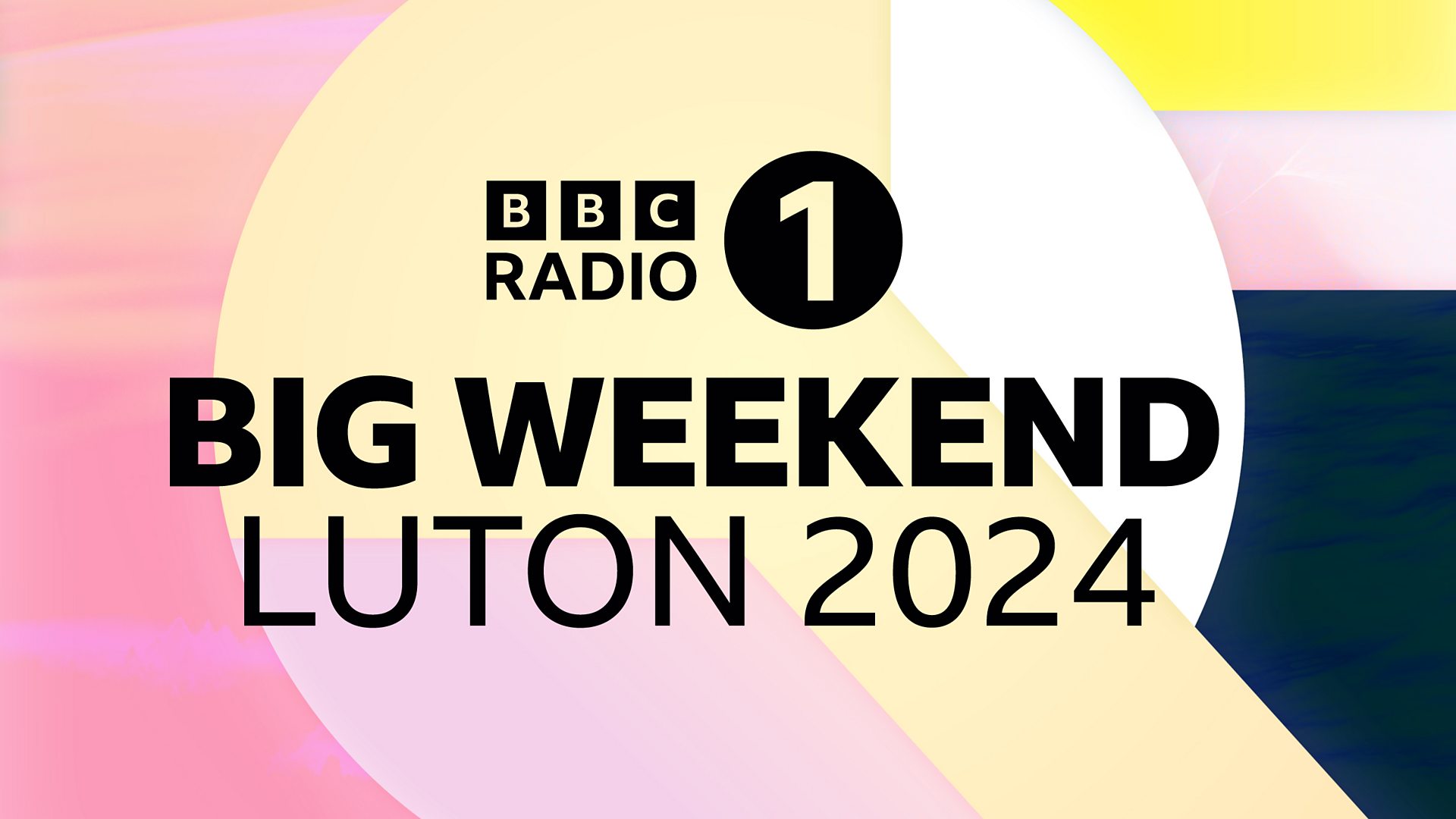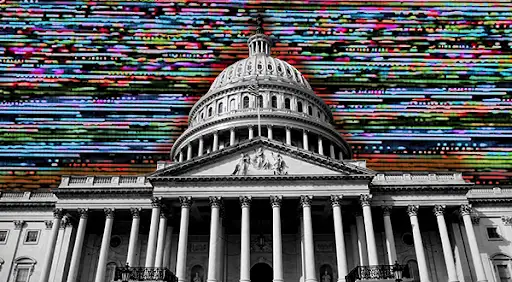Is Trump Seriously Considering Canada As The 51st State?

Table of Contents
The idea of Canada becoming the 51st state of the United States has sparked heated debate and considerable online speculation, particularly in light of past comments and actions from former President Donald Trump. While the likelihood might seem improbable to many, understanding the historical context, political implications, and economic considerations is crucial to assessing the plausibility of such a monumental shift in North American geopolitics. This article will explore the various facets of this intriguing, albeit unlikely, proposition.
Historical Context: Examining US-Canada Relations
The relationship between the United States and Canada is a complex tapestry woven with threads of cooperation and competition. While the idea of Canadian annexation might seem outlandish today, it's important to remember that the concept has surfaced throughout history, albeit unsuccessfully.
- Brief overview of historical attempts at annexation (failed attempts): Throughout the 19th century, several proposals for annexation were floated, most notably during the Manifest Destiny era. These attempts, however, were ultimately unsuccessful due to various factors including Canadian resistance and British influence. The Reciprocity Treaty of 1854, while not an annexation attempt, highlights a period of close economic ties and the potential for deeper integration.
- Discussion of historical tensions and cooperation between the two nations: The relationship has seen both periods of amicable collaboration and moments of friction, particularly regarding trade, resource management, and border security. The War of 1812 stands as a significant historical tension point, while contemporary collaborations on issues like defense and environmental protection showcase a more cooperative approach.
- Mention key historical figures and events relevant to the topic: Figures like William Lyon Mackenzie, a key figure in early Canadian rebellion, and the involvement of British authorities in shaping Canada’s political landscape are crucial elements in understanding the historical resistance to US annexation.
- Analysis of past US presidential stances on Canada: Previous US presidents have held varying views on US-Canada relations, ranging from overt expansionism to cautious diplomacy. Understanding these historical perspectives provides context for evaluating the current climate of speculation.
Political Ramifications: The Challenges of Statehood
The political hurdles involved in admitting Canada as the 51st state are immense. The process would require a monumental shift in both US and Canadian political landscapes.
- Analysis of the constitutional implications of admitting a new state: Adding a state the size and complexity of Canada would necessitate significant constitutional amendments, impacting everything from Senate representation to electoral college dynamics. The process would require the consent of both the US Congress and the Canadian government, a significant undertaking.
- Discussion of potential political opposition within both the US and Canada: Significant opposition is expected within both countries. Canadians would likely fiercely resist the loss of their sovereignty, while US political divisions would likely intensify, with opposition emerging from various political parties and factions.
- The role of the Canadian government and public opinion in this scenario: The Canadian government's position would be paramount. Public opinion polls within Canada consistently show overwhelming opposition to such a proposal. The Canadian political system itself would need to be considered in the annexation process.
- Exploration of potential changes to the US political landscape: The addition of Canada’s population would dramatically reshape the US political landscape, impacting electoral power dynamics and potentially shifting the balance of power within the US government.
Economic Considerations: The Financial Implications of Annexation
The economic integration of Canada into the United States would have far-reaching consequences.
- Analysis of the economic benefits and drawbacks for both the US and Canada: While some argue that the combined economic power would boost both nations, others point to potential economic disruptions and the loss of Canadian economic independence. Resource management and trade agreements would be subject to significant change.
- Discussion of the potential impact on trade and economic policies: Existing trade agreements like NAFTA/USMCA would be rendered obsolete, requiring a complete re-evaluation of trade policies and their implications for both countries' economies. Existing economic models in both countries would require complete overhaul.
- The implications for Canadian resources, industries, and the economy as a whole: Significant changes would be expected in sectors like natural resources, healthcare, and agriculture, with potential repercussions for employment and economic stability within Canada.
- Examination of the financial burden on the US government in absorbing Canada: The cost of integrating Canada's infrastructure, social programs, and public services into the US system would be an enormous financial undertaking for the US government.
Public Opinion: What Do Americans and Canadians Think?
Public sentiment is a critical factor in determining the feasibility of Canada becoming the 51st state.
- Surveys and polls illustrating public opinion in both countries regarding statehood: Numerous polls and surveys consistently demonstrate widespread opposition to annexation in both the US and Canada. The numbers heavily favor maintaining the status quo.
- Analysis of media coverage and public discourse on the topic: Media coverage has largely framed the idea as a highly improbable scenario, focusing more on the humorous or outlandish aspects rather than a serious policy proposal.
- Discussion of the influence of social media and political commentators: Social media platforms have amplified public discussion, often reflecting the pre-existing divisions and opinions on US-Canada relations.
- Identification of key arguments for and against annexation from both sides of the border: Arguments against annexation typically focus on the loss of sovereignty, cultural differences, and economic concerns. Proponents, while few, often cite shared values and economic advantages.
The Trump Factor: Understanding His Stances on Canada
While the idea of Canada becoming the 51st state is highly unlikely, former President Trump's rhetoric and actions warrant examination.
- Examination of Trump's past statements and actions related to Canada and US-Canada relations: Trump's comments on trade negotiations and his occasionally contentious relationship with Canadian Prime Ministers provide some context for the speculation.
- Analysis of his potential motivations for considering (or not considering) such a move: Any potential motivation would need to be viewed within the larger context of his overall political goals and strategies during his presidency.
- Exploring Trump’s overall political strategy and how Canada might fit (or not fit) into it: His policy positions often reflected an "America First" approach, making a move to annex Canada seemingly at odds with this core ideology.
- Contextualization of these statements within the broader context of his presidency and policy positions: His statements should be considered within the backdrop of his broader political agenda and rhetoric during his tenure.
Conclusion
This article has examined the complex question of whether Donald Trump seriously considered Canada as the 51st state. While the probability remains low, exploring the historical, political, economic, and public opinion factors surrounding this hypothetical scenario offers valuable insights into US-Canada relations and the intricacies of international politics. The sheer scale of such an undertaking makes it highly unlikely in the foreseeable future, regardless of political leadership.
Call to Action: What are your thoughts on the possibility of Canada becoming the 51st state? Share your opinions and insights in the comments below. Let's continue the conversation about the complexities of this hypothetical scenario involving Canada and the US. Continue the discussion on whether Canada as the 51st state remains a viable, or even remotely plausible, idea.

Featured Posts
-
 Eurovision 2025 Bbc Radio Confirms United Kingdoms Participant
Apr 30, 2025
Eurovision 2025 Bbc Radio Confirms United Kingdoms Participant
Apr 30, 2025 -
 Commanders 2025 Nfl Draft Big Board Top Prospects For Days 1 2 And 3
Apr 30, 2025
Commanders 2025 Nfl Draft Big Board Top Prospects For Days 1 2 And 3
Apr 30, 2025 -
 Nba Skills Challenge 2025 Players Teams And The Competition Format
Apr 30, 2025
Nba Skills Challenge 2025 Players Teams And The Competition Format
Apr 30, 2025 -
 Former Ftc Commissioners Battle For Their Jobs
Apr 30, 2025
Former Ftc Commissioners Battle For Their Jobs
Apr 30, 2025 -
 Bikers Critical Injuries Following Collision With Lorry
Apr 30, 2025
Bikers Critical Injuries Following Collision With Lorry
Apr 30, 2025
